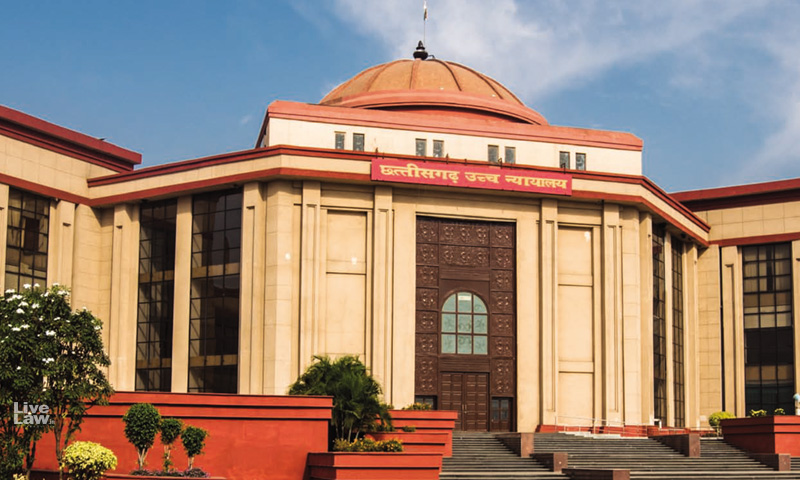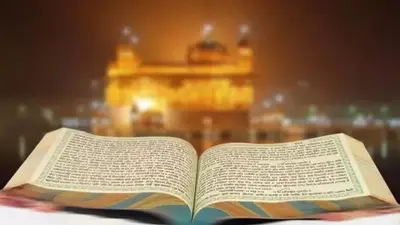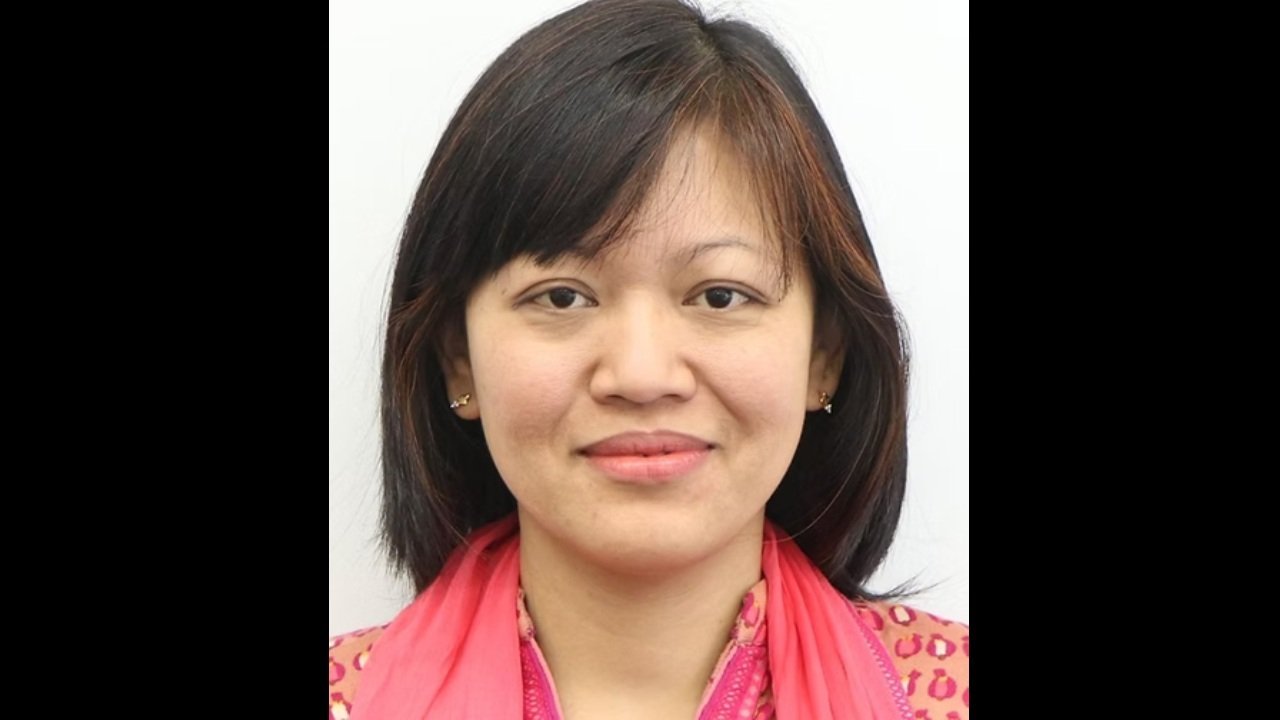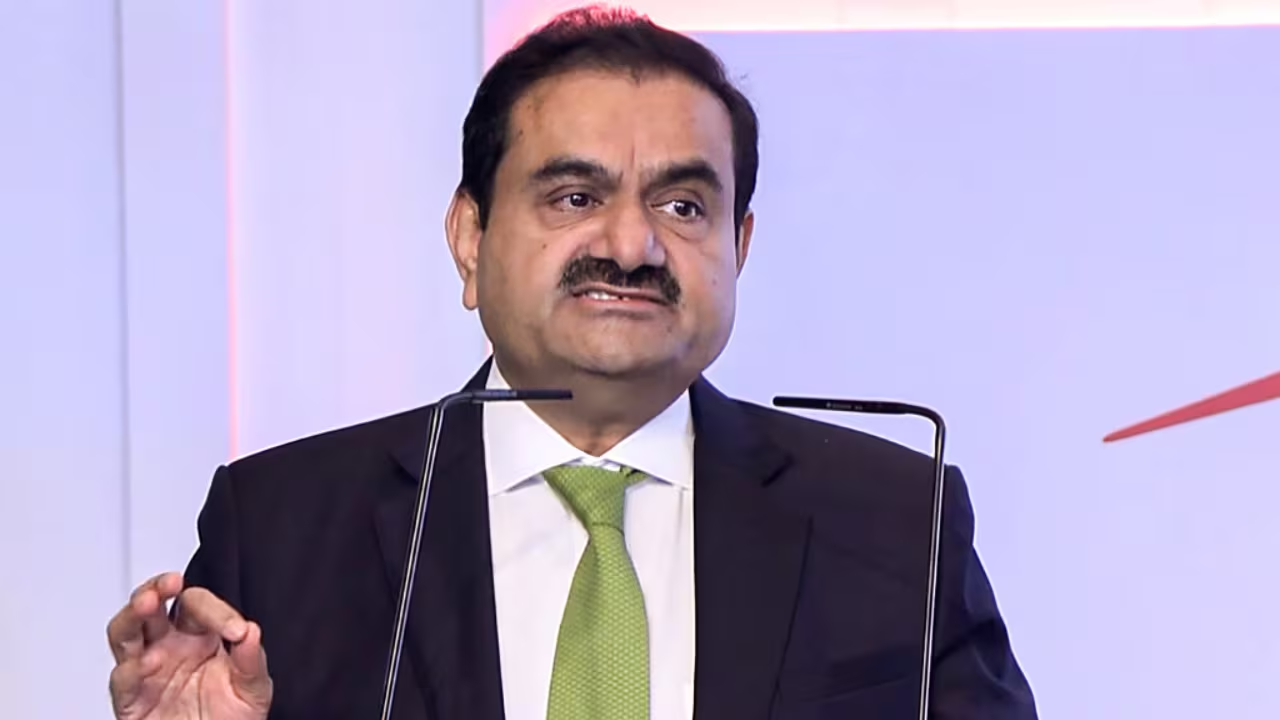The court concurred, asserting that decisions regarding academic eligibility criteria fall within the government’s policy domain and that judicial intervention is unwarranted unless there is evidence of clear arbitrariness or illegality
The Chhattisgarh High Court has dismissed a writ petition filed by Non-Resident Indian (NRI) students challenging the admission criteria under the Direct Admission of Students Abroad (DASA) scheme for the academic year 2024-25. The petitioners, Indian nationals residing in Saudi Arabia, sought to lower the eligibility requirement for admission to various National Institutes of Technology (NITs) from 75% to 60% aggregate marks in the Class 12 examination.
The court’s division bench, consisting of Chief Justice Ramesh Sinha and Justice Ravindra Kumar Agrawal, ruled in favor of maintaining the current eligibility standards. These standards require applicants to either achieve a minimum of 75% in their Class 12 exams or rank in the top 20 percentile of their respective board examinations. The judges emphasized that the policy set by the Ministry of Education is intended to uphold academic standards at premier technical institutions, including NITs.
The DASA scheme, administered by the Ministry of Education, facilitates the admission of foreign nationals, Persons of Indian Origin (PIOs), Overseas Citizens of India (OCIs), and NRIs into India’s premier technical institutions. Historically, admissions under this scheme were based on SAT scores.
-
The Ministry of Education defended its stance, stating that the 75% eligibility criterion was established long before the pandemic and consistently applied in previous years
-
The Ministry argued that these criteria ensure that only academically qualified students gain admission to prestigious institutions such as NITs
However, starting in the academic year 2021-22, the Ministry revised the criteria, requiring students to qualify through the Joint Entrance Examination (JEE) Main conducted by the National Testing Agency (NTA). This revision aimed to standardize the admission process across all NITs and other centrally funded technical institutions, excluding Indian Institutes of Technology (IITs).
The students argued that the eligibility criteria should be relaxed to 60%, as had been temporarily allowed during the COVID-19 pandemic. During those years, the government had eased admission requirements to accommodate the disruptions caused by the pandemic. The petitioners contended that reverting to the 75% requirement for the 2024-25 academic year was arbitrary and unjust.
In response, the court clarified that the relaxation during the pandemic was a temporary measure implemented under exceptional circumstances. With the return to normalcy in the academic year 2023-24, the pre-pandemic criteria were reinstated. The court also noted that the petitioners could not claim this temporary relaxation as a right for subsequent academic years. “The relaxation of eligibility criteria was a policy decision made during a special circumstance—the COVID-19 pandemic. The petitioners cannot claim this relaxation as a matter of right for the current academic year,” the court stated.
The National Institute of Technology, Raipur, has been entrusted with the responsibility of overseeing the Central Seat Allocation Board (CSAB) for DASA, CCMT, and CCML counselling for the undergraduate programs for the academic year 2024-25. The petitioning students from Saudi Arabia included Shriyans Kumar, Shaik Muneer, Kirit Sureshbhai Rana, Suhas Kamma, Ranjitsinh Vadher, Chakresh Sri Varma, Pushan Das, Aafiya Anis, Raghav Saxena, Siddharth, and Gufran Ahmed.
***********************************************************
Readers
These are extraordinary times. All of us have to rely on high-impact, trustworthy journalism. And this is especially true of the Indian Diaspora. Members of the Indian community overseas cannot be fed with inaccurate news.
Pravasi Samwad is a venture that has no shareholders. It is the result of an impassioned initiative of a handful of Indian journalists spread around the world. We have taken a small step forward with the pledge to provide news with accuracy, free from political and commercial influence. Our aim is to keep you, our readers, informed about developments at ‘home’ and across the world that affect you.
Please help us to keep our journalism independent and free.
In these difficult times, running a news website requires finances. While every contribution, big or small, will make a difference, we request our readers to put us in touch with advertisers worldwide. It will be a great help.
For more information: pravasisamwad00@gmail.com









